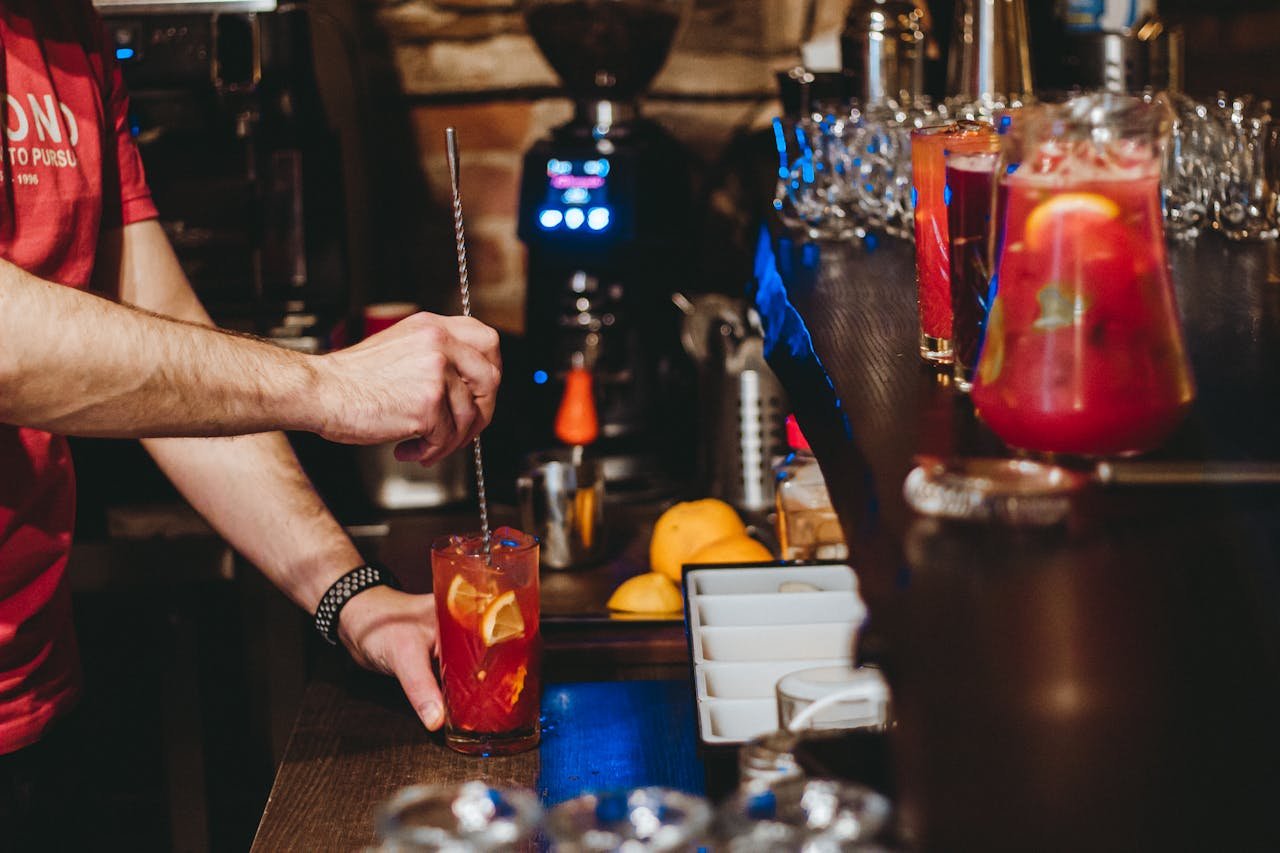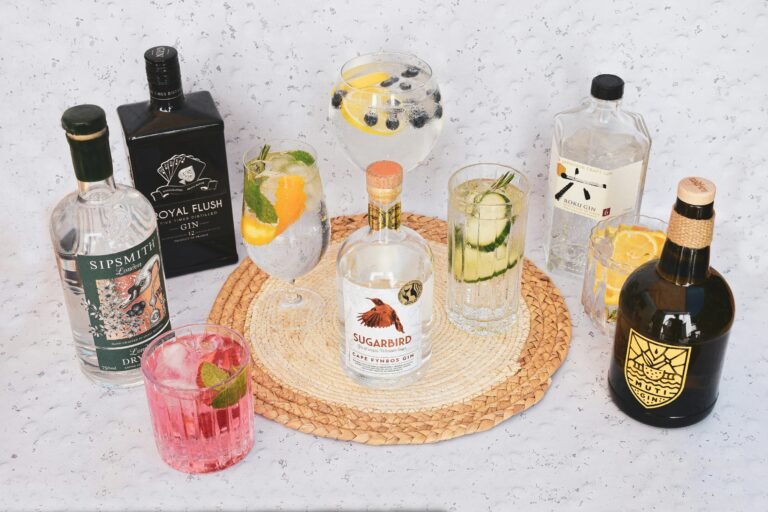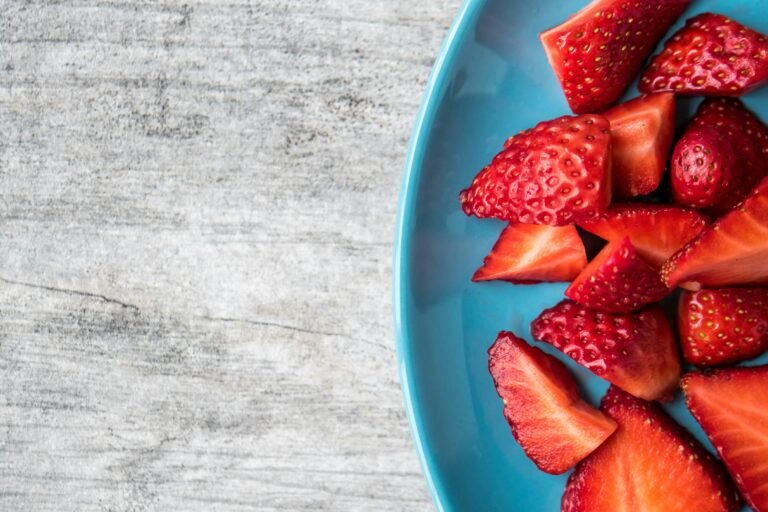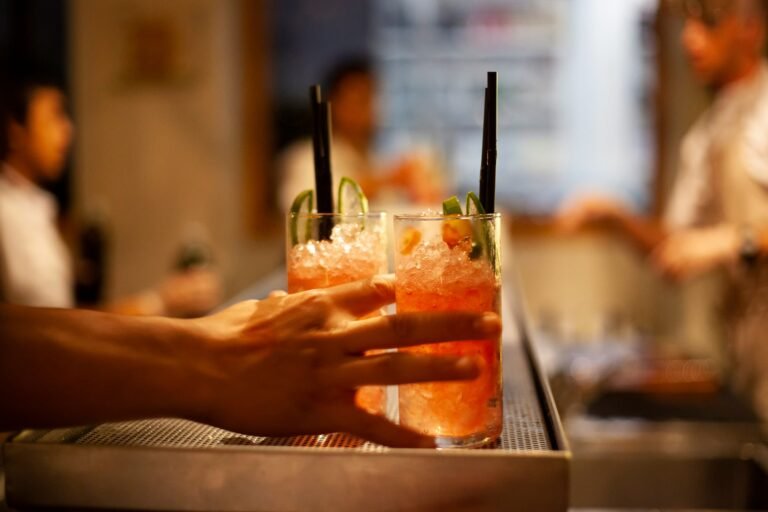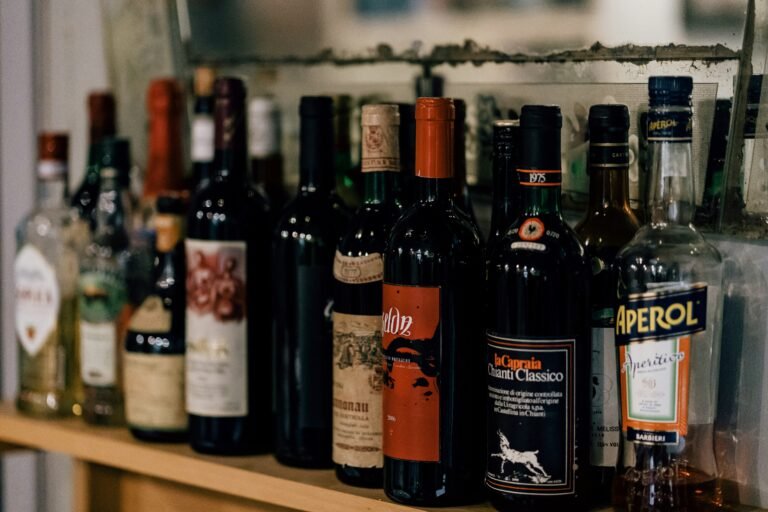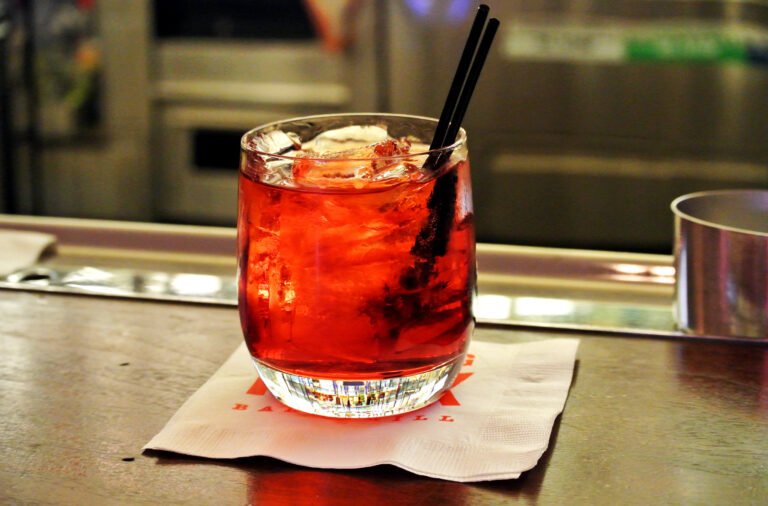Do Cocktails Need To Be Stirred or Shaken?
if a cocktail is made with only spirits, like a Martini or Manhattan, you’ll want to stir it. This gentle motion helps chill and dilute the drink without bruising the flavors.
But if your cocktail has juices, dairy, or other lighter mixers, then shaking is usually the better method. The vigorous shaking helps combine all the ingredients into a nice, smooth and frothy texture.
When to Stir
For cocktails made only from spirits, such as a classic Martini or Manhattan, stirring is the way to go. Stirring with a gentle, circular motion chill and dilute the drink without shaking up the ingredients too much.
This method keeps the drink chilled and balanced, avoiding any unwanted air bubbles or foam, and ensuring a smooth texture. Slow stirring also avoids “bruising” the spirits, which can happen with vigorous shaking.
A well-stirred cocktail will be clear and allow the base spirits’ flavors to stand out. The ice gently dilutes the drink, softening the alcohol’s sharpness, and making the cocktail more enjoyable to sip.
For spirit-focused cocktails, stirring is best. It showcases the liquor’s quality and achieves a balanced drink.
When to Shake
When a cocktail includes juices, dairy, or light modifiers, shaking is usually better. Shaking mixes all ingredients thoroughly, creating a smooth, creamy texture.
Shaking is crucial for cocktails with acidic juices, like those from citrus fruits. It evenly distributes the juice, preventing the drink from separating.
Cocktails with dairy, like cream or milk, also benefit from shaking. The process adds air, making the drink rich and velvety. Shaking combines all elements smoothly.
Additionally, shaking cools juice based cocktails quickly and dilutes them well. The ice breaks up during shaking, chilling the drink fast.
For cocktails with fresh juices, dairy, or light mixers, use a cocktail shaker. Shaking is key for the right texture and flavor blend.
What happens if you don’t shake a cocktail?
Not shaking a cocktail with light ingredients like juices, dairy, or syrups can lead to several problems. Without shaking, these cocktails might not mix well, affecting both taste and texture.
The main issue is that the ingredients won’t blend together properly. Shaking a cocktail mixes the spirits, juices, and syrups into a uniform mixture. Without shaking, ingredients may split, causing an imbalance.
Take a Daiquiri, for instance. If not shaken, the rum and lime juice won’t merge well. You might find the lime juice either at the top or bottom, leading to uneven flavor. The drink’s texture might also be too watery instead of smooth and creamy.
Not shaking also affects how cold and diluted the drink becomes. Shaking breaks ice quickly, cooling the drink and slightly watering it down to reduce the strong alcohol taste. Stirring usually doesn’t chill or dilute the drink as effectively.
A properly shaken cocktail also gets a bit of air, adding a frothy texture. Without shaking, your drink might end up flat and less appealing.
What cocktails are stirred not shaken?
- Martini
- Manhattan
- Old Fashioned
- Negroni
- Sazerac
- Boulevardier
- Vieux Carré
- Hanky Panky
- Bijou
- Improved Whiskey Cocktail
- Adonis
- Diamondback
- Brooklyn
- Chrysanthemum
Exceptions
The usual advice is to stir drinks made mostly of spirits and shake those with juices or dairy, there are exceptions. Sometimes, expert bartenders choose to mix drinks in a way that’s not typical.
For example, a bartender might shake a Martini instead of stirring it. This choice might be made to achieve a certain texture or dilution that fits what they or their customers like.
Also, someone might stir a cocktail like a Daiquiri, which usually gets shaken. This less common method might offer a fresh twist on the drink.
The main idea is there’s not just one correct way to mix all cocktails. Understanding the basic rules is good, but it’s also okay to try new things to get the best result for each drink.
Experimenting with how to mix drinks, even changing traditional methods, can create new tastes and textures.
Bartenders and anyone making drinks at home should feel free to explore different ways of making cocktails. By keeping an open mind and experimenting, they might find great new versions of classic drinks.
